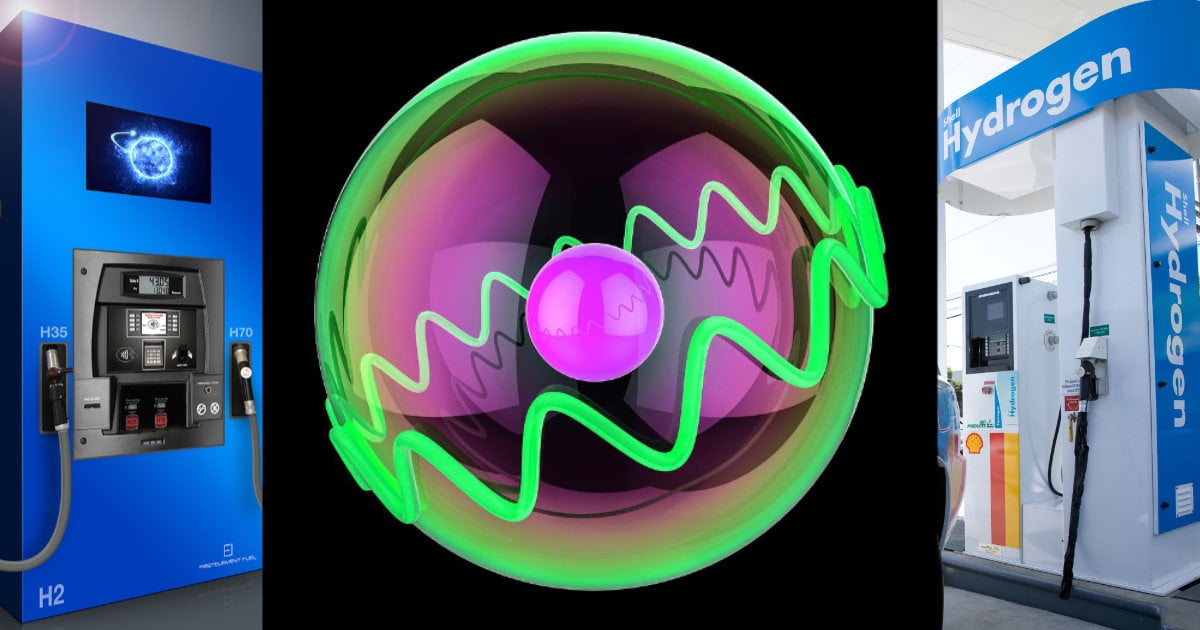Hydrogen power, in its simplest definition, is the use of hydrogen (H2) as a source of energy. Historically, hydrogen has been used in various industrial applications; however, it has gained significant attention in recent years as a potential solution to the global energy crisis. This interest is fueled by hydrogen’s potential to deliver a high-energy yield while causing minimal environmental impact, as it produces only water when burned.
Table of Contents
Production of Hydrogen
Hydrogen power production primarily involves two processes: electrolysis and steam methane reforming.
Electrolysis
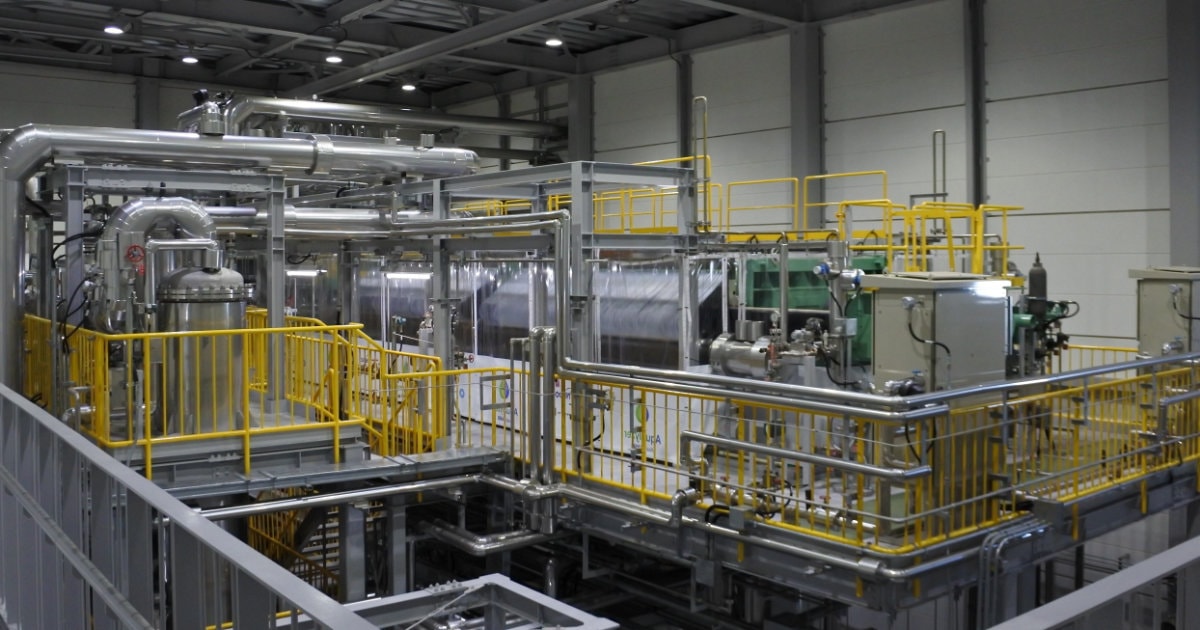
Electrolysis is a process that separates hydrogen from oxygen in water (H2O), using an electric current. Although this process requires substantial energy, it can be powered by renewable sources, such as wind or solar, making it a sustainable method of hydrogen production. There are two main types of electrolysis: alkaline electrolysis and proton exchange membrane (PEM) electrolysis.
Alkaline electrolysis is a mature technology that has been in use since the early 1900s, while PEM electrolysis is a newer method that offers higher efficiency and flexibility, though it is typically more expensive.
Steam Methane Reforming
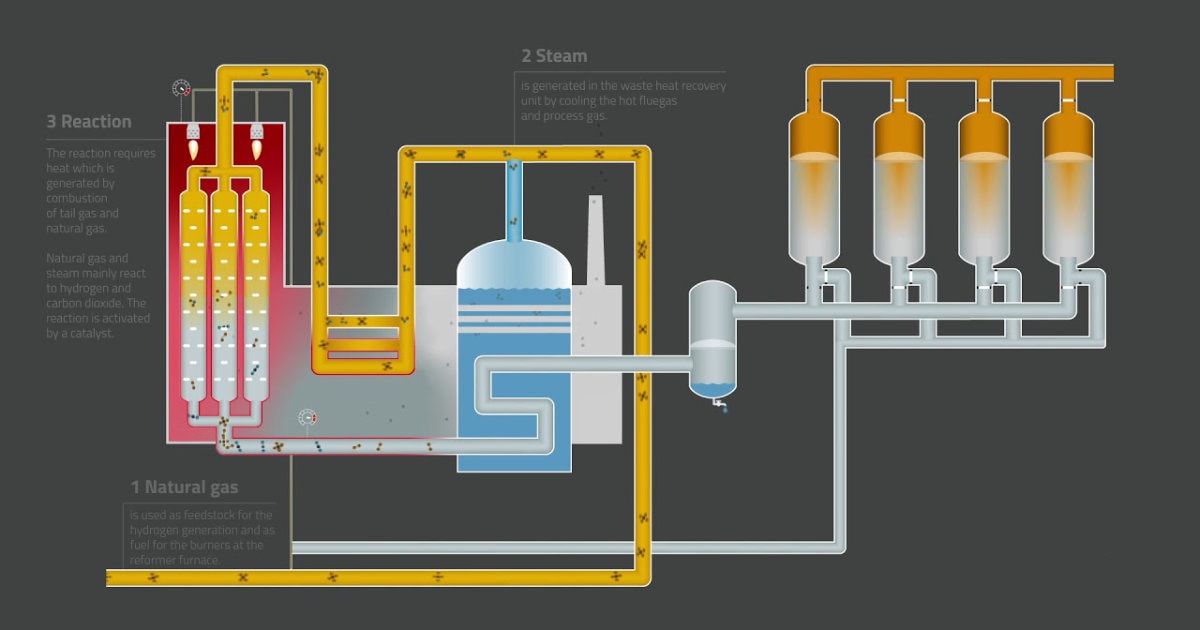
Steam Methane Reforming (SMR) is currently the dominant method for hydrogen production, responsible for the majority of the hydrogen produced globally. In this process, high-temperature steam (H2O) reacts with methane (CH4) to produce hydrogen. While this method is efficient and cost-effective, it releases CO2 as a by-product, presenting environmental concerns.
Hydrogen Fuel Cells
A critical aspect of hydrogen power is the use of hydrogen fuel cells. These devices convert the chemical energy stored in hydrogen into electricity, with water and heat as the only by-products.
Structure and Functioning of Fuel Cells
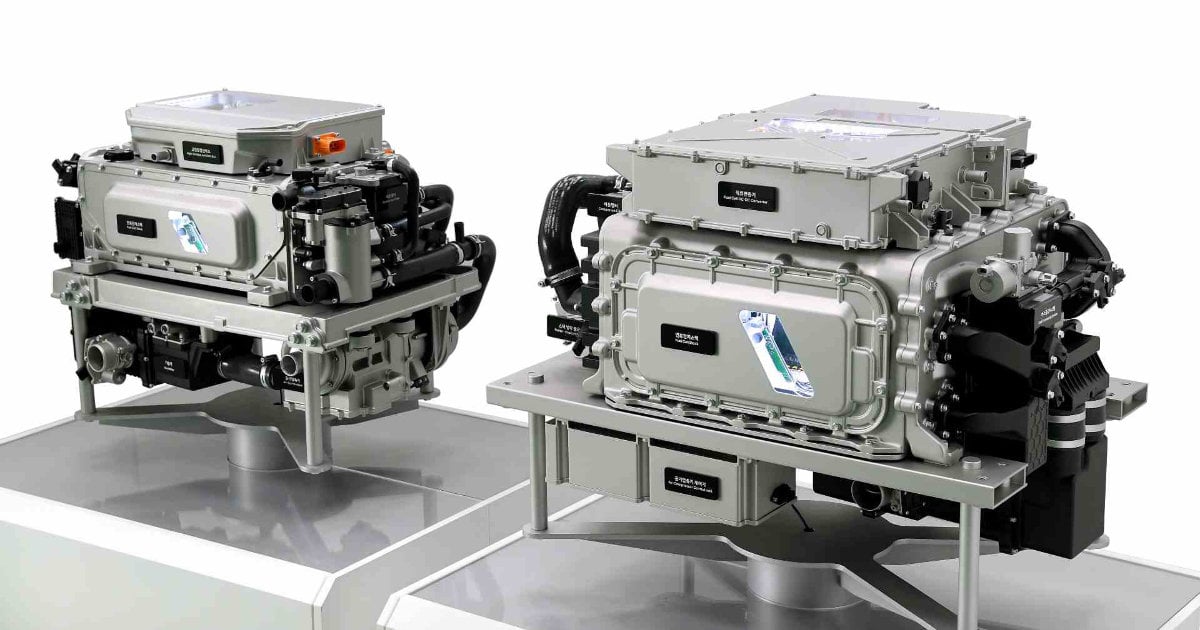
A hydrogen fuel cell consists of an anode, a cathode, and an electrolyte membrane. Hydrogen is fed into the anode, and oxygen into the cathode. At the anode, hydrogen molecules are split into protons and electrons, which take different paths to the cathode. The electrons generate electricity by moving through an external circuit, while the protons move through the electrolyte membrane. At the cathode, the protons, electrons, and oxygen combine to form water molecules.
Types of Fuel Cells
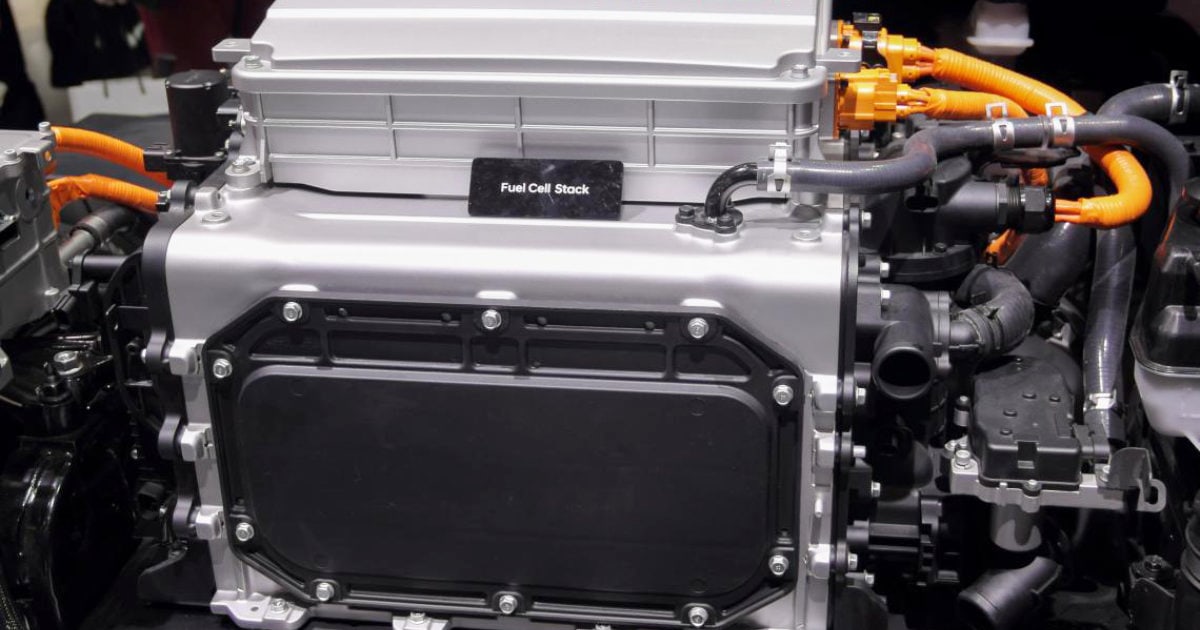
There are several types of fuel cells, but Polymer Electrolyte Membrane (PEM) fuel cells and Solid Oxide Fuel Cells (SOFCs) are the most prominent. PEM fuel cells, also known as Proton Exchange Membrane fuel cells, operate at relatively low temperatures and can start up quickly, making them suitable for applications such as vehicles and portable power systems. In contrast, SOFCs operate at very high temperatures and are often used for stationary power generation.
Applications of Fuel Cells
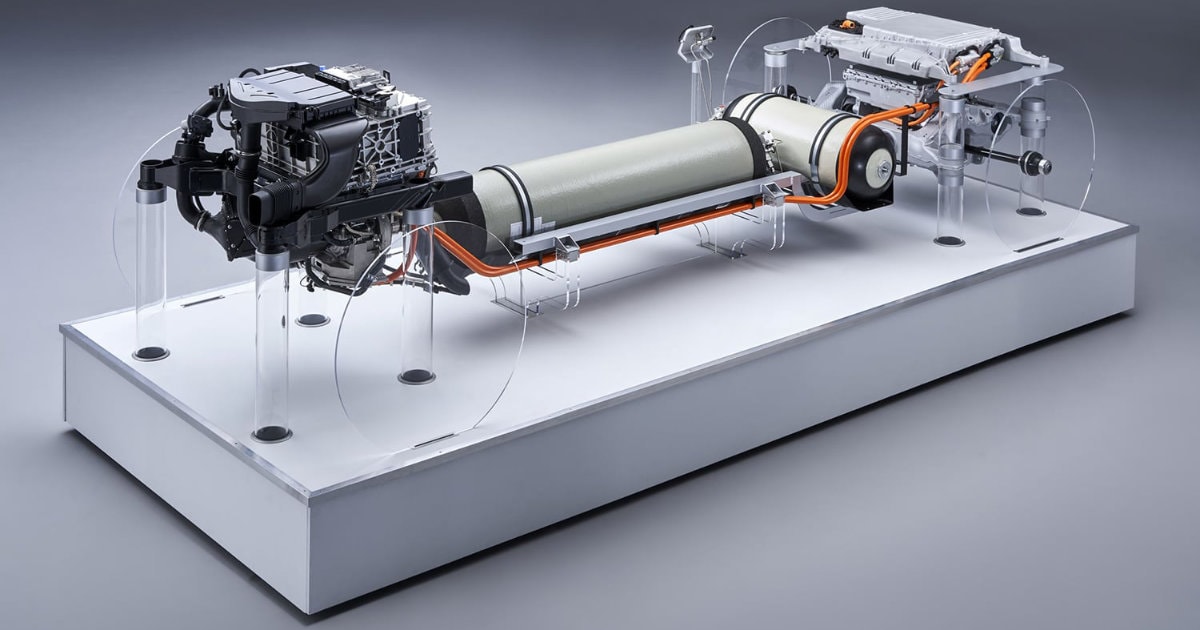
Fuel cells are versatile and can be used in various applications. In transportation, Hydrogen Fuel Cell Vehicles (HFCVs) have been developed, which emit only water, making them an environmentally friendly alternative to conventional vehicles. In stationary power generation, fuel cells can provide a reliable power source for buildings, industrial facilities, and power plants. Moreover, fuel cells can also be used for energy storage, offering a solution for balancing the power grid.
Advantages and Disadvantages of Hydrogen Power
Like any energy source, hydrogen power comes with its advantages and disadvantages, which must be carefully weighed before making decisions about its application.
Efficiency and Practicality
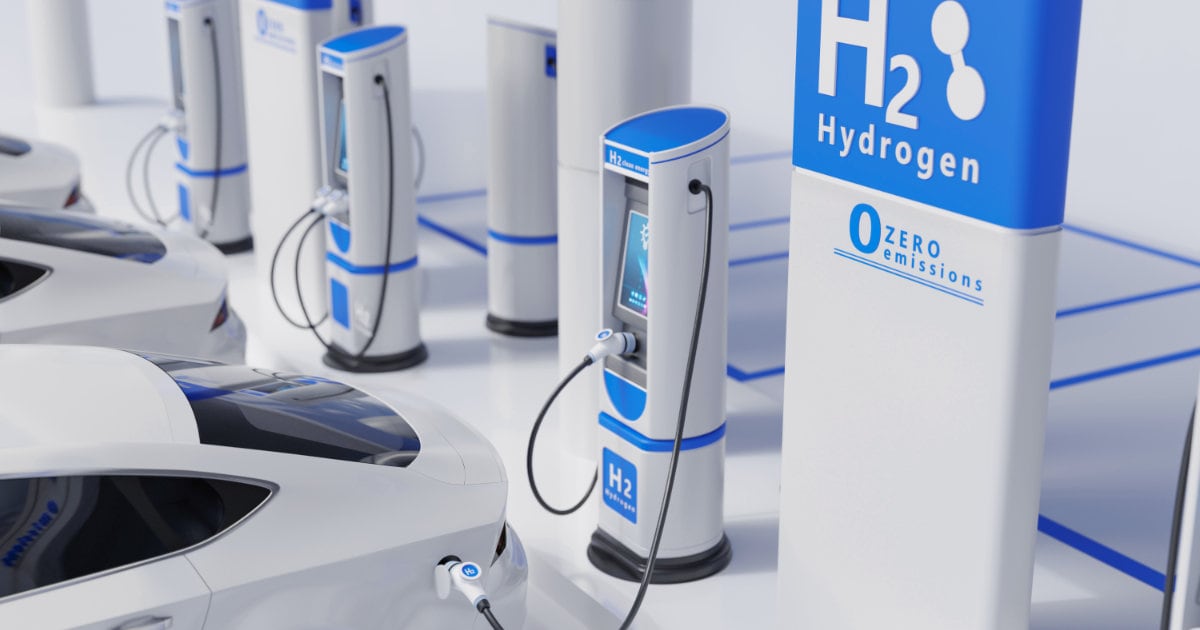
In terms of energy content, hydrogen is impressive: it contains nearly three times as much energy per kilogram as gasoline, making it extremely energy-dense. This energy density, combined with fast refueling times, make hydrogen an attractive option for sectors such as transportation. However, hydrogen storage and transport can be challenging due to hydrogen’s low volumetric energy density and the fact that it can embrittle certain materials.
Environmental Impact

Hydrogen power holds significant environmental advantages. When used in fuel cells, hydrogen produces no emissions other than water. Moreover, if hydrogen is produced through electrolysis powered by renewable energy, the overall process can be zero-emission. However, it’s crucial to remember that a considerable portion of hydrogen is currently produced via SMR, which does release CO2.
Real-World Applications of Hydrogen Power
Hydrogen power can be applied in various sectors, including transportation, power storage, and electricity generation.
Transportation
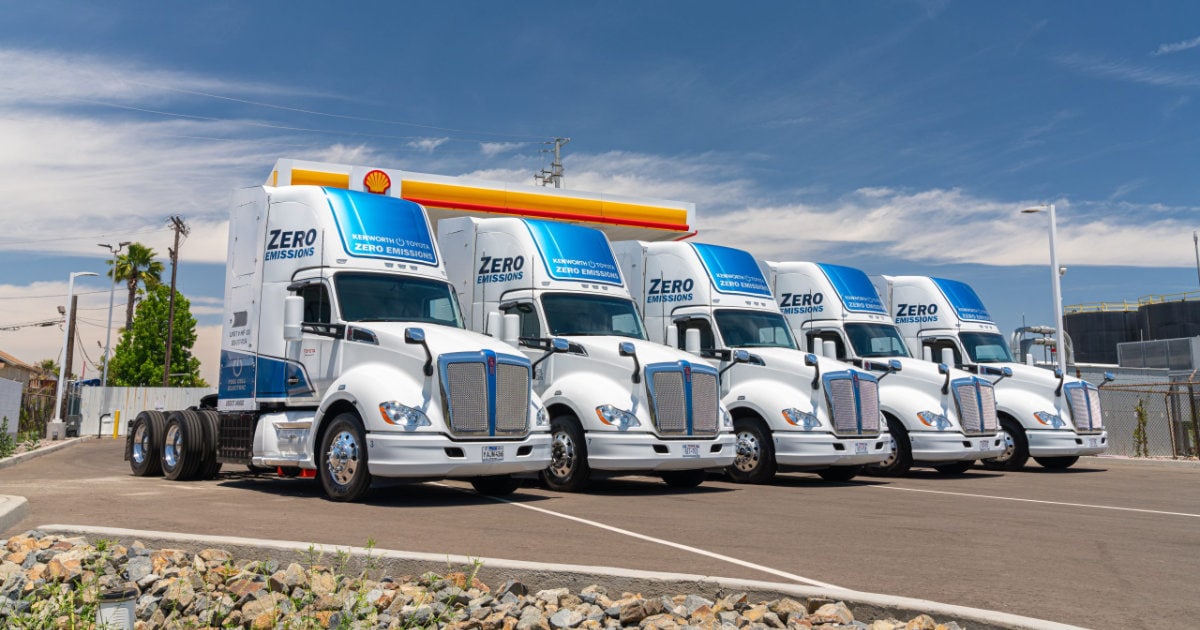
Hydrogen has significant potential in the transportation sector. Hydrogen Fuel Cell Vehicles (HFCVs), which convert hydrogen into electricity within the vehicle, produce zero tailpipe emissions and have a longer range and faster refueling time than battery electric vehicles. Hydrogen is also being explored for use in heavy-duty vehicles, such as buses and trucks, and in aviation and maritime transport.
Power Storage and Electricity Generation
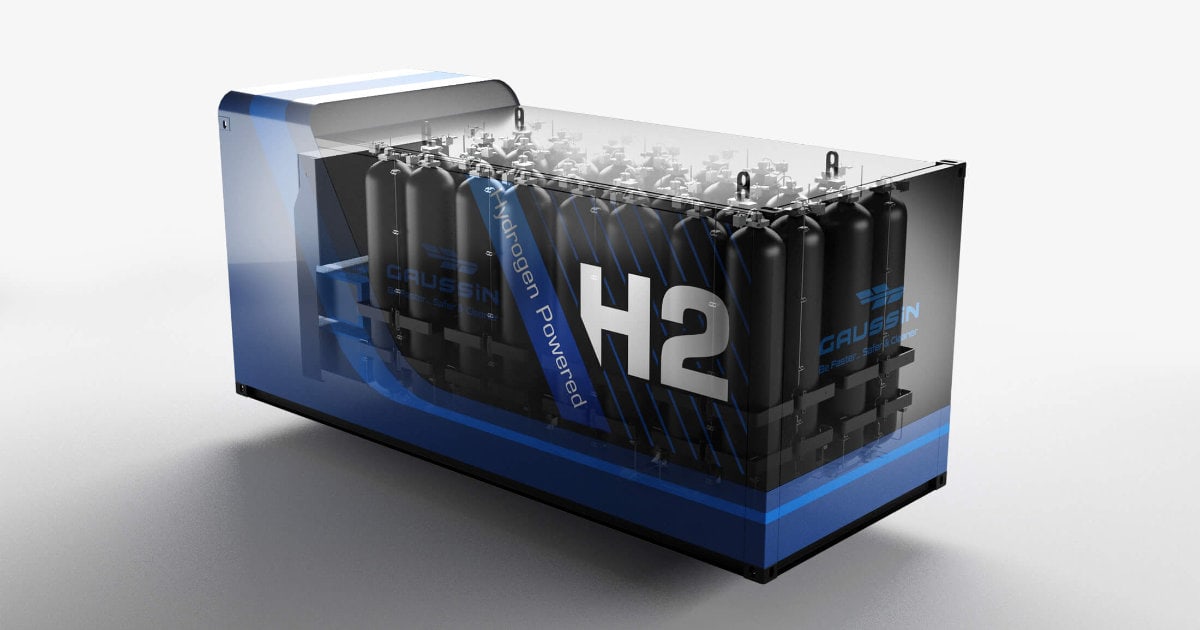
Hydrogen can also play a vital role in power storage and electricity generation. Hydrogen can be used for large-scale energy storage, helping to balance the supply and demand of electricity and allowing a greater penetration of intermittent renewable energy sources. Furthermore, hydrogen can be used in turbines and fuel cells to generate electricity, either as a sole source or in combination with natural gas.
Safety and Storage of Hydrogen
As an energy carrier, hydrogen requires careful handling and storage. Despite the challenges, several safe and efficient methods have been developed for hydrogen storage and transport.
Storage Methods
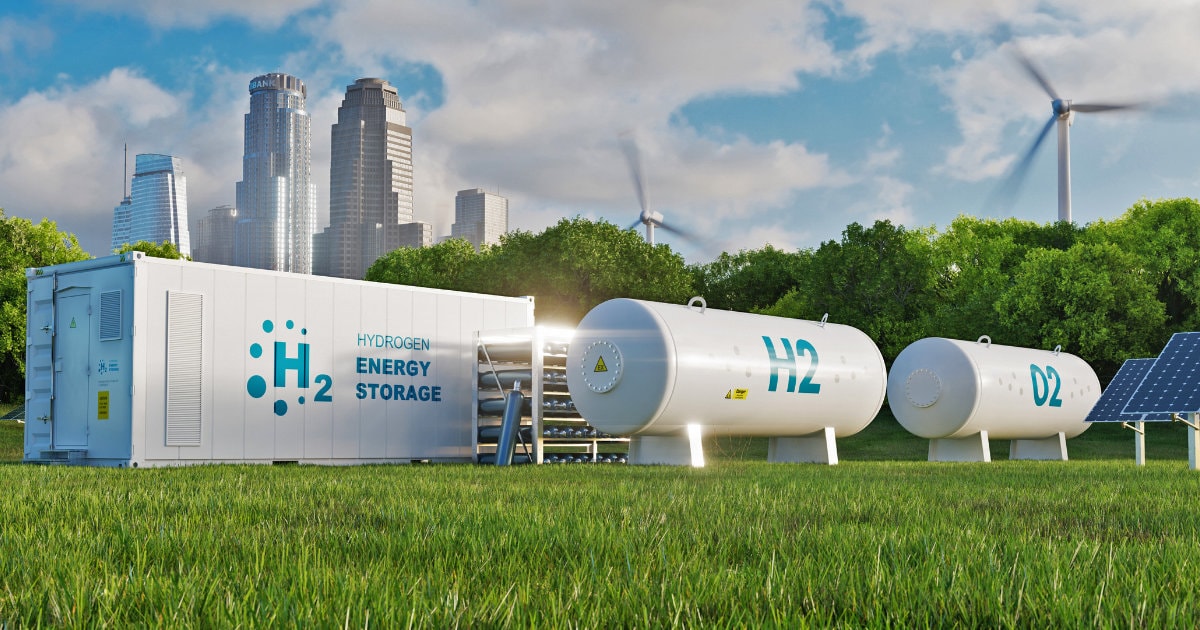
There are several methods for storing hydrogen. It can be stored as a high-pressure gas in storage tanks, or as a liquid in cryogenic conditions. However, both these methods come with challenges, such as high energy input for compression or cooling, and potential for embrittlement of storage materials. Another method is solid-state storage, where hydrogen is stored in metal hydrides or chemical compounds, though this is still in the research and development phase.
Safety Considerations

Hydrogen is a highly flammable substance, meaning safety is a crucial consideration when handling, storing, and transporting it. However, it’s worth noting that hydrogen has been used safely in industrial applications for many years, and standards and regulations are in place to ensure its safe use.
Future of Hydrogen Power
The future of hydrogen power looks promising, with advances in technology and supportive policy measures leading the way.
Emerging Technologies
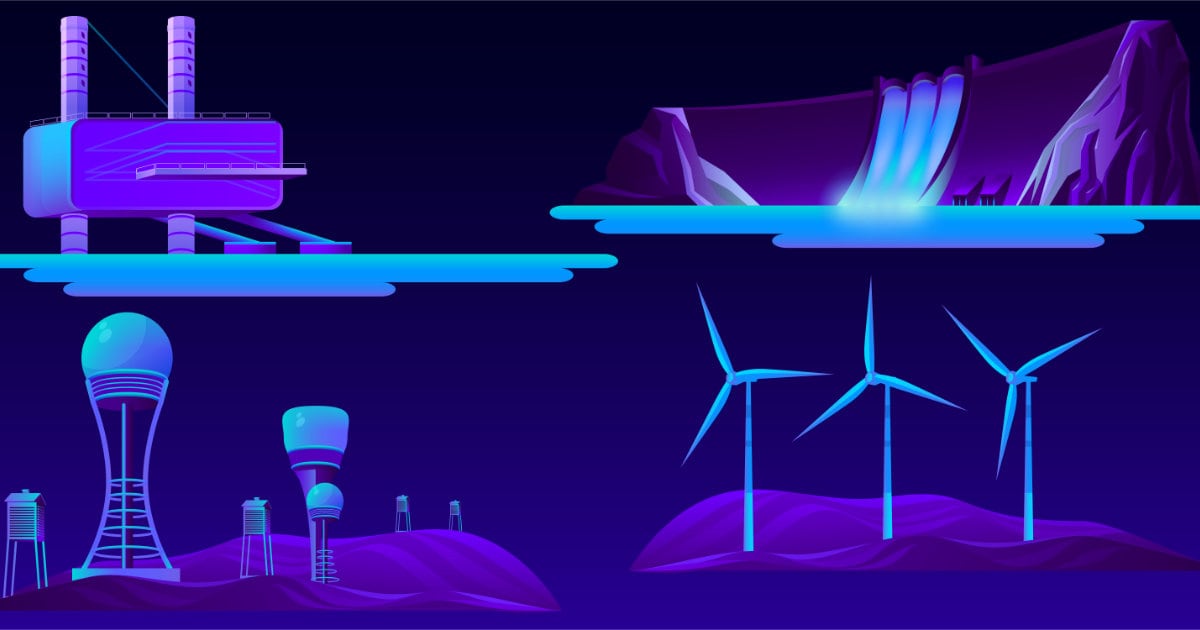
Many emerging technologies could revolutionize hydrogen power. For example, advancements in electrolysis technology, such as high-temperature electrolysis, could drastically improve the efficiency of hydrogen production. Solid-state hydrogen storage, which allows hydrogen to be stored at lower pressures, could also be a game-changer.
Policy Influences
Policy support is critical in promoting hydrogen power. Policies such as financial incentives, regulations supporting hydrogen infrastructure, and research and development funding can help accelerate the transition to a hydrogen economy. Countries such as Japan and Germany are leading the way in this regard.
Comparison with Other Renewable Energy Sources
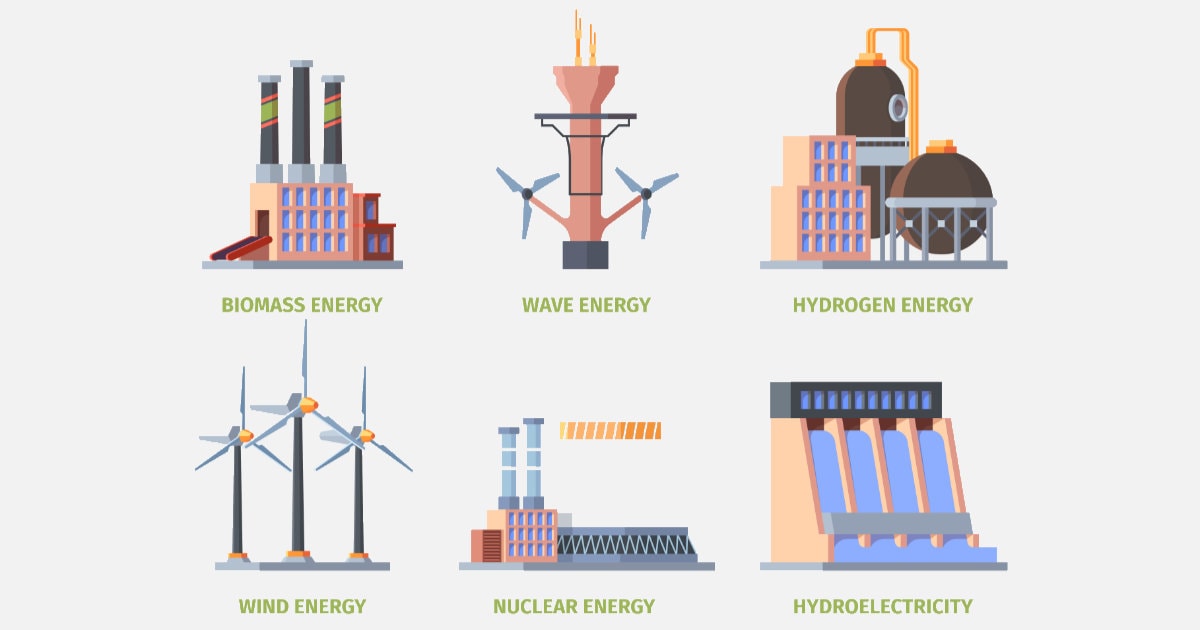
While hydrogen power has many advantages, it’s important to consider it within the context of other renewable energy sources.
When compared to energy sources like solar and wind, hydrogen has the advantage of being storable and transportable, making it a flexible energy carrier. However, the overall efficiency of the hydrogen energy chain, from production to use, is currently lower than direct use of electricity.
Economic Aspects of Hydrogen Power
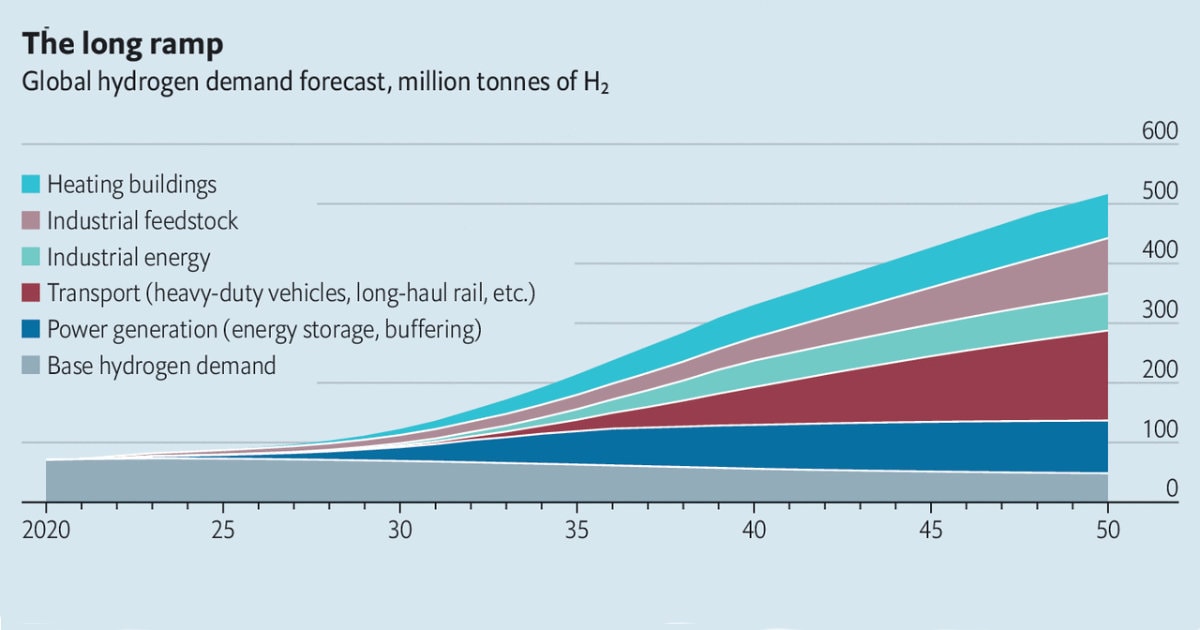
Finally, it’s crucial to consider the economic aspects of hydrogen power.
Production Cost
The cost of hydrogen production varies depending on the method used. Currently, SMR is the most economical method for large-scale production, but this may change with technological advancements and increases in the cost of natural gas. Electrolysis costs are largely dependent on the cost of electricity, meaning they could decrease significantly with the continued expansion of renewable energy.
Market Trends
The hydrogen market is expected to grow substantially in the coming years. This growth is driven by increasing demand in sectors such as transportation, power generation, and industry, as well as by policy support.
Economic Impact
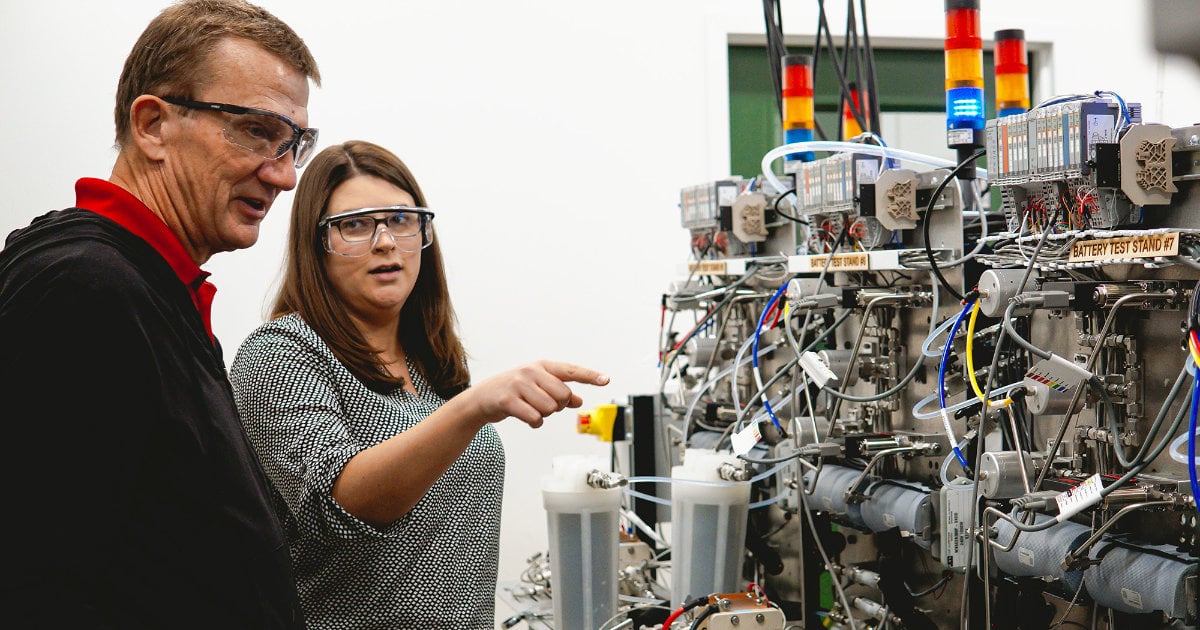
The growth of the hydrogen economy could have significant positive economic impacts. It could lead to job creation in various sectors, stimulate local economies, and contribute to energy security.
In conclusion, hydrogen power holds significant potential as a clean, flexible energy carrier. With advancements in technology and supportive policies, it could play a vital role in a sustainable energy future. However, careful consideration must be given to challenges such as storage and transport, production methods, and the economic viability of hydrogen power.
Frequently Asked Questions About Hydrogen Power
Hydrogen power refers to the use of hydrogen (H2) as an energy source. Hydrogen can be used in fuel cells to produce electricity, or it can be burned directly to produce heat. The key advantage of hydrogen power is that it only produces water when used, making it a potential source of clean energy, particularly if the hydrogen is produced using renewable energy sources.
Hydrogen can be produced through various methods, the most common of which are electrolysis and steam methane reforming (SMR). Electrolysis uses electricity to split water into hydrogen and oxygen, and if powered by renewable sources, this method can be a zero-emission process. SMR, on the other hand, involves reacting methane with steam to produce hydrogen and carbon dioxide. While SMR is currently the dominant method for hydrogen production, it releases CO2, an influential greenhouse gas.
Hydrogen power has a wide range of applications. It can be used in fuel cell vehicles, which produce no tailpipe emissions, and have a longer range and faster refueling time than battery electric vehicles. Hydrogen can also be used in stationary power generation, providing a reliable power source for buildings, power plants, and industrial processes. Moreover, hydrogen can serve as a form of energy storage, offering a solution for integrating higher amounts of renewable energy into the power grid.
The future of hydrogen power looks promising. It is seen as a crucial element in achieving a sustainable and decarbonized energy system. There are many technological advancements on the horizon that could make hydrogen power more efficient and cost-effective, such as improvements in electrolysis technology and fuel cell design. Moreover, governments worldwide are increasingly recognizing the importance of hydrogen power and implementing policies to support its development and deployment.
Hydrogen Power In The News
- Bosch & Ligier’s Hydrogen-Powered Le Mans Race Car Unveiled 2023Bosch and Ligier unveil a hydrogen-powered race car, showcasing eco-friendly high-performance motorsports solutions in Le Mans 2023.
- Lavo Hydrogen Fuel Cell A Tesla Powerwall RivalLavo Hydrogen Technology has introduced their new Lavo system, a hybrid hydrogen fuel cell battery for the home to compete with the Tesla Powerwall.
Sources
DOE Hydrogen And Fuel Cell Technologies Office: Website
International Energy Agency: Website
National Grid: Website
National Renewable Energy Laboratory: Website
U.S. Energy Information Administration: Website
